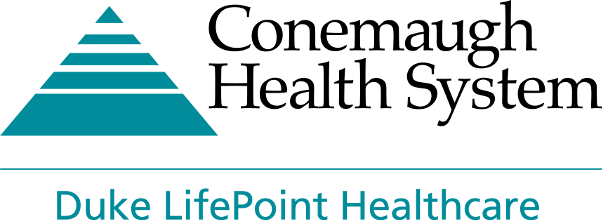Curriculum
Conemaugh Health System's Postgraduate Year One (PGY1) Pharmacy Residency Program curriculum emphasizes teaching and direct patient care experiences. Conemaugh Memorial Medical Center serves as the primary residency training site. The hospital provides extensive tertiary care services throughout west central Pennsylvania.
Educational Advantages
-
-
- Daily interaction with diverse patient population that has diverse health care needs
- Ability to follow patients through every stage of the care process
- Opportunity to experience a broad spectrum of patient care in a single setting
- Gain experience optimizing healthcare processes through organization quality improvement projects or initiatives
-
Required 4 or 5 Week Rotations
-
-
- Ambulatory Care (Focused)
- Critical Care
- Infectious Disease
- Oncology
- Pain Management
- Internal Medicine
- Transitions of Care
- Trauma
-
Elective 4 or 5 Week Rotations (Required rotations may be repeated for an elective)
-
-
- Cardiology*
- Emergency Medicine
- Neonatal Intensive Care*
- Psychiatry*
- Trauma, with Focus on General Surgery*
- Others as Requested and Available
-
Required Longitudinal Experiences
-
-
- Administration / Management
- Ambulatory Care (including HIV clinic)
- Research Project
- Staffing
-
Elective Longitudinal Experience
-
-
- Teaching Certificate Program
-
Scholarly Activity
Each Pharmacy Resident is required to complete a project of his or her choice. The project is designed to strengthen analytical skills and provide experience in the development and implementation of a research or healthcare improvement project. The nature of scholarly activity integrates education, research, and patient care within Conemaugh Health System.
Scholarly activity within Conemaugh Health System is dedicated to supporting research efforts of medical staff, residents, and students while ensuring compliance with all applicable ethical, legal, and regulatory standards. The availability of sophisticated centralized resources offers Conemaugh investigators an exceptional research advantage. Through this structure and the mentorship of teaching faculty, research will become an important component of resident education and lifelong learning.
